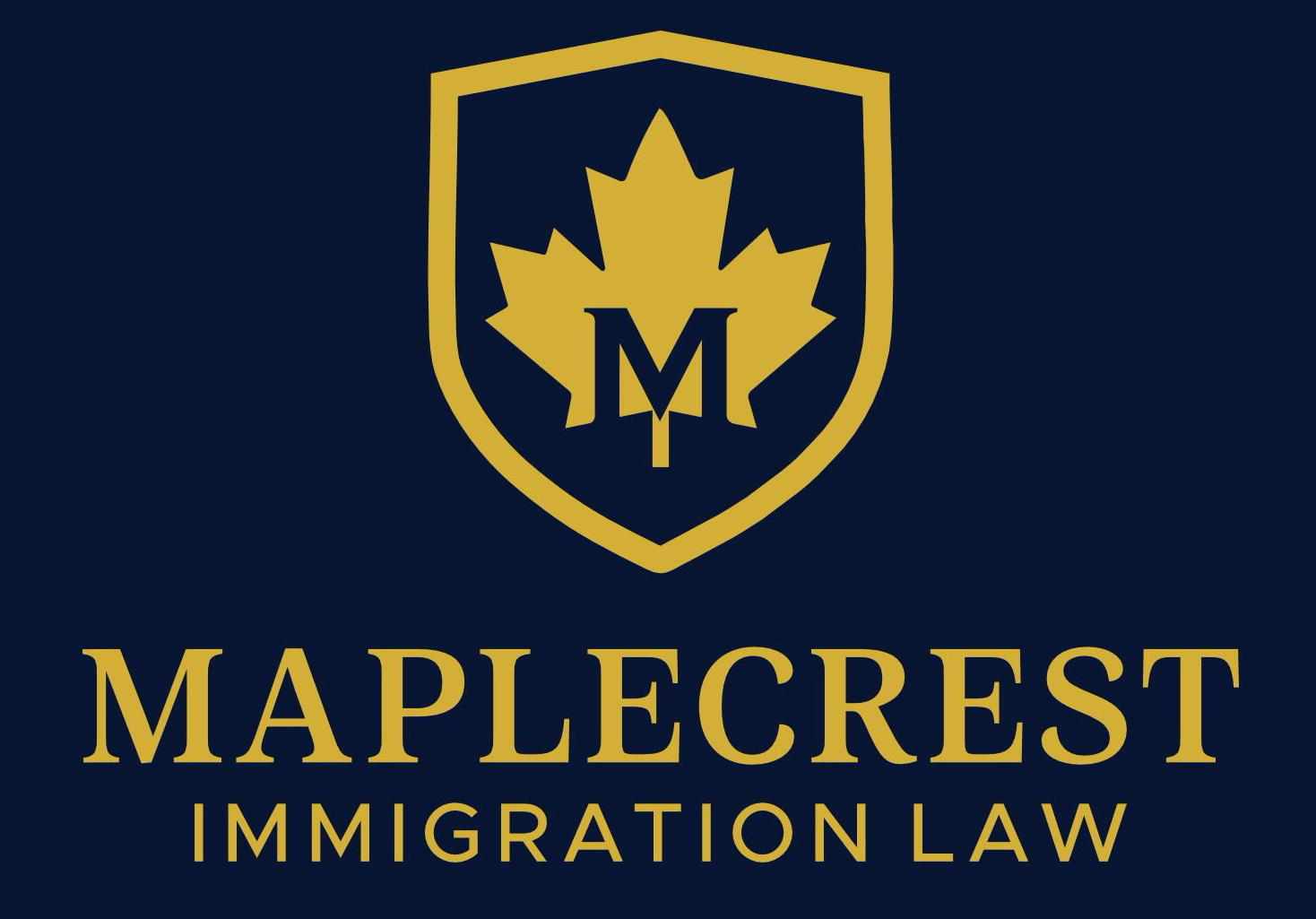Immigration and citizenship fraud has become one of the most pressing challenges for governments across the world. Canada, the United States, and other immigration-driven countries are tightening their systems to detect false applications, fake documents, and fraudulent claims. Immigration authorities consider fraud a direct attack on the integrity of their systems, and they have increased penalties for those caught lying, misrepresenting facts, or submitting altered records.
For applicants and sponsors, the consequences can be devastating. From denial of entry to criminal charges, immigration and citizenship fraud carries long-term penalties that affect personal freedom, financial stability, and future opportunities.
What Counts as Immigration and Citizenship Fraud
Immigration and citizenship fraud is not limited to one type of falsehood. Fraudulent acts can involve:
-
Submitting altered passports and travel documents.
-
Presenting fake visas, entry or exit stamps.
-
Providing falsified proof of employment, job offers, or school acceptance letters.
-
Using counterfeit diplomas, degrees, or trade certifications.
-
Misrepresenting family ties with fake birth or marriage certificates.
-
Lying about medical history during required exams.
-
Misreporting time spent in Canada when applying for permanent residency or citizenship.
Immigration, Refugees and Citizenship Canada (IRCC) states that even minor misrepresentation, such as providing incorrect medical information, qualifies as fraud. The same applies in the United States, where U.S. Citizenship and Immigration Services (USCIS) treats false evidence or statements as grounds for denial and possible removal.
Consequences of Immigration and Citizenship Fraud
The penalties for immigration and citizenship fraud are severe and far-reaching. Once discovered, they create permanent records that impact future applications. According to IRCC, if an applicant, their representative, or interpreter submits false information, they may face:
-
Application refusal.
-
A five-year ban from entering Canada.
-
Permanent fraud records with immigration authorities.
-
Revocation of permanent residency or citizenship status.
-
A five-year ban on applying for Canadian citizenship.
-
Deportation and removal orders.
The United States has similar consequences under the Immigration and Nationality Act (INA). Fraudulent applications can result in deportation, inadmissibility for future visas, and even criminal charges. These outcomes demonstrate why immigration and citizenship fraud is a high-risk gamble with little chance of success.
Relationship Fraud in Immigration
One of the most common fraud attempts involves marriages or partnerships created solely for immigration benefits. Known as “relationships of convenience,” these arrangements involve Canadian or American citizens sponsoring foreign applicants in exchange for money, promises, or other arrangements.
Immigration officers are trained to detect these fraudulent marriages. They investigate through:
-
Document verification.
-
Home visits.
-
Separate interviews with sponsors and applicants.
Those caught engaging in marriage fraud face criminal charges, financial penalties, and removal from Canada or the United States. Citizens who knowingly participate can also face criminal prosecution for misrepresentation.
Chargeback Fraud in Visa Applications
Another growing form of immigration and citizenship fraud involves chargebacks. Applicants sometimes pay visa fees with a credit card and later reverse the payment, either directly or through a third party. Immigration authorities treat this as fraud.
The penalties for chargeback fraud are significant:
-
Application cancellation or delay.
-
Denial of future visa applications.
-
A possible 10-year ban from traveling to Canada.
Fraudulent chargebacks also damage credibility with immigration authorities, making future approvals nearly impossible.
How Immigration Authorities Detect Fraud
Immigration departments have expanded their tools and strengthened partnerships to fight immigration and citizenship fraud. IRCC works closely with the Canada Border Services Agency (CBSA), the Royal Canadian Mounted Police (RCMP), and foreign governments to detect, investigate, and prosecute fraudulent activities. The goal is to protect the integrity of immigration programs and ensure fairness for genuine applicants.
Key detection methods include:
-
Document verification: Immigration officers contact issuing authorities to confirm the authenticity of passports, certificates, and other supporting documents. Fake records are flagged and tied to the applicant’s profile.
-
Biometrics: Fingerprints and facial photographs are collected to verify identity. These records make it harder for applicants to create duplicate or fraudulent identities across countries.
-
Program integrity checks: Officers screen applications considered high-risk and receive advanced training to spot misrepresentation. These checks help identify suspicious trends and fraudulent agents.
-
International partnerships: Immigration agencies collaborate with law enforcement and identity offices worldwide. This cooperation allows for faster detection of global fraud networks and cross-border scams.
Misrepresentation in Medical Exams
Immigration applicants must undergo medical exams before approval. Falsifying medical records or hiding conditions during this process counts as fraud. Providing false information to panel physicians can result in denied applications, bans, and even deportation.
The reason is straightforward: public health and safety are central to immigration policy. Fraudulent medical records put both the host country and other applicants at risk.
Long-Term Risks of Immigration and Citizenship Fraud
Fraud carries immediate penalties, but it also creates long-term consequences. Individuals caught lying may find themselves permanently disqualified from immigration programs. Fraudulent activity can also impact family members, sponsors, and employers who become tied to the case.
For businesses, fraudulent sponsorships can lead to government investigations, fines, and restricted access to immigration programs. Employers who misrepresent job offers may be blacklisted from hiring foreign workers in the future.
Protecting Yourself from Immigration and Citizenship Fraud
Many applicants fall victim to fraud without realizing it. Unscrupulous agents or consultants may submit false documents on their behalf. To protect yourself:
-
Always review all documents before submission.
-
Use only authorized representatives listed by IRCC or USCIS.
-
Never buy fake certificates, stamps, or records.
-
Avoid “quick fix” promises from unlicensed consultants.
-
Keep records of all transactions and communications.
These steps help ensure your application is truthful, transparent, and legally sound.
The Role of Biometrics in Fraud Prevention
Biometric systems, now mandatory in most immigration processes, have become one of the strongest defenses against immigration and citizenship fraud. By collecting fingerprints and facial photos, authorities create digital records that are nearly impossible to falsify.
Canada and the United States share biometric data with trusted partners. This global cooperation prevents individuals with fraudulent records in one country from attempting new applications elsewhere.
Why Honest Applications Are the Only Path
The temptation to cut corners or use fake documents is high for applicants under pressure. However, immigration and citizenship fraud leads to far harsher outcomes than honest delays. A truthful application, even if it takes longer, ensures a fair review and avoids the lifelong consequences of fraud.
If you are considering immigration to Canada or the United States, protect your future by filing the right way. Immigration and citizenship fraud is never worth the risk. Maple Crest Immigration Law provides expert guidance to help you prepare strong, truthful applications. Consult with their licensed attorneys today to avoid mistakes that could cost you years of your life.
Contact Maple Crest Immigration Law now to safeguard your immigration journey.




